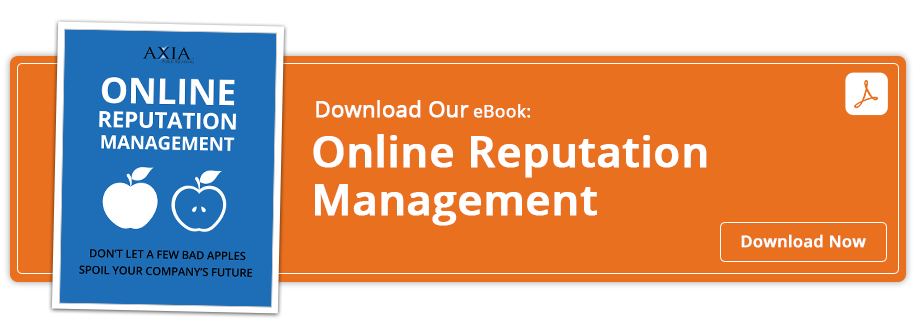 3 ways to help your clients prevent the spread of misinformation
3 ways to help your clients prevent the spread of misinformation
In his farewell speech in Chicago, President Barack Obama mentioned the fake news phenomenon as a threat to democracy. “Increasingly,” he said, “we become so secure in our bubbles that we start accepting only information, whether it’s true or not, that fits our opinions, instead of basing our opinions on the evidence that is out there.”
This truth has shaken the core of the bullied members of the press as well as public relations professionals charged with the responsibility of disseminating and communicating information to the media, employees and the general public. The public now views the news media – once verified as gatekeepers – as opinionated and colored in its delivery of information. Meanwhile, random trolls take the helm of strategically concocted and completely bogus news sites through which they draft limitless fraudulent copy that goes viral across social media platforms.
We are all now susceptible to misinformation, and what rings more fearful is that many seem to want to be misled. Misinformation damages trust and further undermines authority and authenticity, all monumentally critical to the success of any brand or business. How, then, are public relations professionals gearing up to support clients in an era of mistrust? Can PR positively impact how the world views the press?
As a PR professional, you can help your clients combat fake news. Here’s how:
- Be transparent, accurate and forthcoming when communicating client news.
While PR people enjoy creating unique and clever campaigns to creatively highlight their clients, the best strategy is to deliver straightforward, completely accurate details to the media. When disseminating news, consider using wire services for broad delivery in lieu of cherry-picking specific outlets to ensure that all media receive the same information at the same time. The appearance of your client’s news across multiple media outlets too will favor it as “real” versus “fake.”
- Consistently monitor client brands and businesses.
Media monitoring tools are no longer just for data collection; they also ensure that inappropriate mentions or poor reviews aren’t smearing your client’s brand and business. With their increasing capabilities, you can strategically set media monitoring tools (such as Axia Public Relations’ MediaReachSM and MediaSignalSM) to monitor false information about a client, spokesperson or brand. Sharing these reports regularly with clients will assist in educating them about the relevance of and imperative need for media monitoring tools as elements of their overall PR program.
- Quickly respond to misinformation.
If you learn that your clients or brands are under fake news attack, it’s no longer solely important to get those false stories removed, it is equally important to focus on the facts. For example: Your client sells smartphones that spark into flames once earbuds are inserted. This fake news could obviously cause global panic. Instead of reiterating fake news in your communication, focus on the fact that the phones are certified safe and work with every earbud available, and support these facts with data from testing firms and earbud manufacturers. Rather than fan the flames, extinguish them.
As a communications professional, you may view this era of mistrust as both challenging and opportunistic. Falling back on what helped garner your initial credibility as a PR pro – authenticity, facts and relationships – will be the scaffolding that supports you going forward. Prepare yourselves for what could happen and educate your clients about how to combat the mistrust. A useful guide and first step is Axia’s Online Reputation Management Guide, which you can download for right now.

 Wendy Bulawa Agudelo has nearly 20 years of experience in technology, business, consumer and nonprofit public relations. She serves on the Massachusetts Down Syndrome Congress PR Task Force and is a culinary enthusiast and champion for the special needs community. Wendy has worked for Axia Public Relations since September 2014. Learn more about Wendy Bulawa Agudelo. Connect with Axia on Twitter @axiapr or tell us what you think in the comments below.
Wendy Bulawa Agudelo has nearly 20 years of experience in technology, business, consumer and nonprofit public relations. She serves on the Massachusetts Down Syndrome Congress PR Task Force and is a culinary enthusiast and champion for the special needs community. Wendy has worked for Axia Public Relations since September 2014. Learn more about Wendy Bulawa Agudelo. Connect with Axia on Twitter @axiapr or tell us what you think in the comments below.
Featured image credit: 123rf.com


Comment on This Article